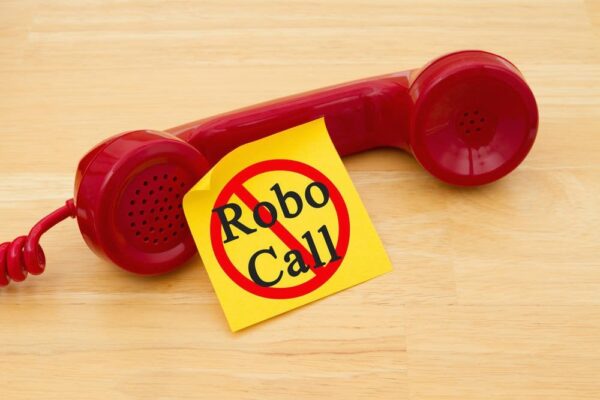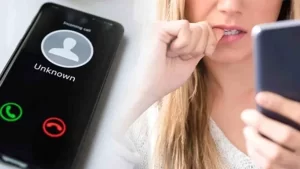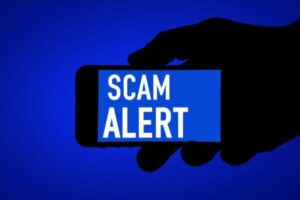
Beware of the 0121-751-5743 Spam Call Scam
Warning Spam call alert : 01217515743 / 0121-751-5743 / 0121 7515743 / +441217515743 / 44 01217515743 / 0121 751 5743
Introduction
who called me from 01217515743 : Spam calls have become an unfortunate and prevalent nuisance in today’s digital age. While many of us have encountered these unsolicited calls, it’s essential to remain vigilant and informed about the latest tactics scammers employ.
One such scam that has gained notoriety is the 0121-751-5743 spam call. we will explore the details of this scam, the techniques used by scammers, and how you can protect yourself from falling victim to their schemes.
Read more : https://theexpresspost.com/01772451126-who-called-me/
Understanding the 0121-751-5743 Spam Call Scam
The 0121-751-5743 spam call is a telephone scam that has affected countless individuals across various regions. Scammers use a variety of techniques to deceive their targets, with the ultimate goal of extracting money or sensitive personal information.
The caller typically poses as a representative from a reputable organization, such as a bank, government agency, or tech support service. They claim that there is a critical issue with your account or device, and immediate action is required to prevent severe consequences.
Common Tactics Used by Scammers
- Impersonation: Scammers often impersonate well-known institutions or government bodies, using official-sounding language and logos to appear legitimate.
- Urgency and Fear: They create a sense of urgency and fear to pressure you into taking immediate action, such as threatening legal consequences or account suspension.0121-751-5743
- Request for Personal Information: Scammers may ask for sensitive personal information, such as Social Security numbers, credit card details, or passwords.
- Fake Call Back Numbers: They provide a different number to call back, making it difficult for victims to trace the origin of the call.
- Manipulative Language: Scammers use persuasive and manipulative language to confuse and manipulate their targets into complying.
Protecting Yourself from the 0121-751-5743 Scam
To shield yourself from the 0121-751-5743 spam call scam and similar phone scams, here are some essential precautions you can take:
- Verify the Caller: Always verify the identity of the caller before sharing any personal information. Legitimate organizations will not mind if you ask for verification details.
- Don’t Share Personal Information: Never disclose sensitive information over the phone unless you are certain of the caller’s legitimacy. Financial institutions and government agencies will never ask for such details over the phone.
- Hang Up: If you suspect a call is a scam, hang up immediately. Do not engage with the caller or follow any instructions they provide.
- Avoid Call-Back Numbers: Do not use the number provided by the caller. Instead, look up the official contact information for the organization in question and call them directly.
- Use Call Blocking Apps: Utilize call-blocking apps or features on your phone to filter out known spam numbers.
- Educate Yourself: Stay informed about the latest scams and share this information 0121-751-5743 with your friends and family to help protect them as well.
Reporting Scams
If you receive a spam call, it’s crucial to report it to the appropriate authorities. In many countries, you can contact your local consumer protection agency or the Federal Trade Commission (FTC) to report the incident. Your report can contribute to tracking down scammers and preventing future victims from falling into their traps.
Conclusion
The 0121-751-5743 spam call scam is just one of many tactics employed by telephone scammers. By staying informed, practicing vigilance, and sharing this knowledge with others, you can better protect yourself and your loved ones from falling victim to such schemes. Remember, the best defense against these scams is a healthy dose of skepticism and caution when dealing with unsolicited calls.
FAQ
- What is Phone Fraud/Scam? A . Phone fraud or scams typically involve fraudulent or deceptive phone calls aimed at tricking individuals into providing personal information, money, or access to their computer or other sensitive data. These scams can come in various forms, such as fake IRS calls, tech support scams, and phishing attempts.
- How Can I Protect Myself from Phone Fraud/Scam?
- Be cautious: Be wary of unsolicited calls, especially if they ask for personal or financial information.
- Verify the caller’s identity: Ask for the caller’s name, organization, and a call-back number to confirm their legitimacy.
- Don’t share personal information: Never share sensitive information over the phone unless you’re sure of the caller’s identity.
- Use call-blocking features: Many smartphones have call-blocking features to help filter out unwanted calls.
- Register on the Do Not Call list: In some countries, you can register your number on a “Do Not Call” list to reduce telemarketing calls.
- What Should I Do If I Receive a Suspected Spam Call? A . If you receive a suspicious call, you can take the following steps:
- Hang up: If you’re unsure about the call’s legitimacy, 0121-751-5743 hang up without providing any information.
- Do not call back: Avoid returning missed calls from unknown numbers.
- Report the call: Report the incident to your local authorities or the appropriate regulatory agency.
- How Can I Confirm If a Call Is a Scam? A . Scammers can be very convincing, but there are some common signs to watch out for:
- High-pressure tactics: Scammers may create urgency or threaten you with legal action.
- Requests for personal information: Legitimate organizations typically don’t ask for sensitive data over the phone.
- Unsolicited calls: If you didn’t initiate the call, be cautious.
- Caller ID spoofing: Scammers can manipulate caller ID information to appear legitimate.
-
Are There Any Resources to Check for Known Scam Numbers? A . There are several online resources and apps that allow users to report and check for known scam numbers. Some popular ones include the Federal Trade Commission’s (FTC) “Do Not Call” list, TrueCaller, Hiya, and Nomorobo. These platforms often rely on user-generated reports to identify and block scam numbers.

